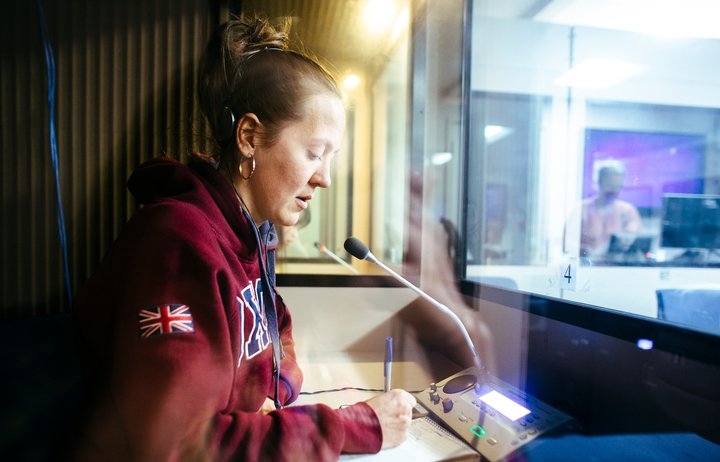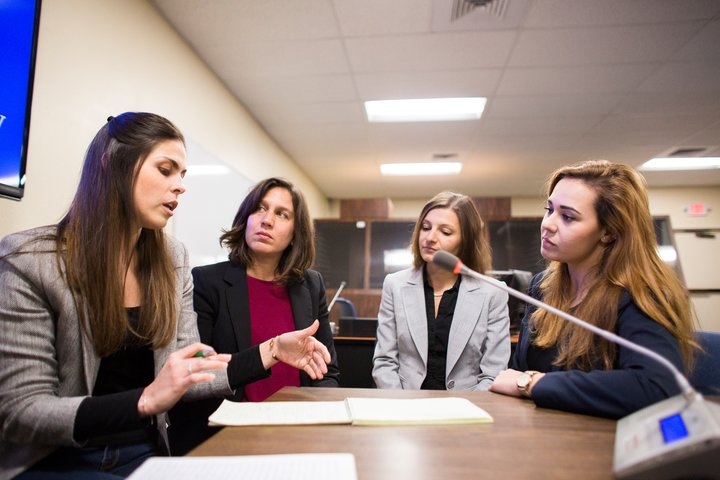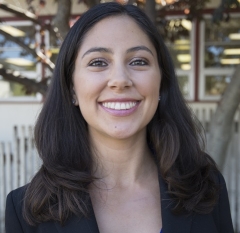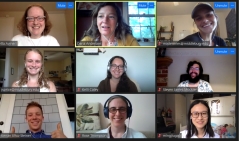How I Got Hired: Founder and Chief Language Professional, Nexos Translations
The best way to start a career is to set yourself apart from the crowd. MIIS is an important piece in any journey to strive for excellence in your career. Not only will it give you recognition in the field, but it will also give you the skills required to continue to earn recognition through awards, certifications, and successfully tackling your career market after graduation.





